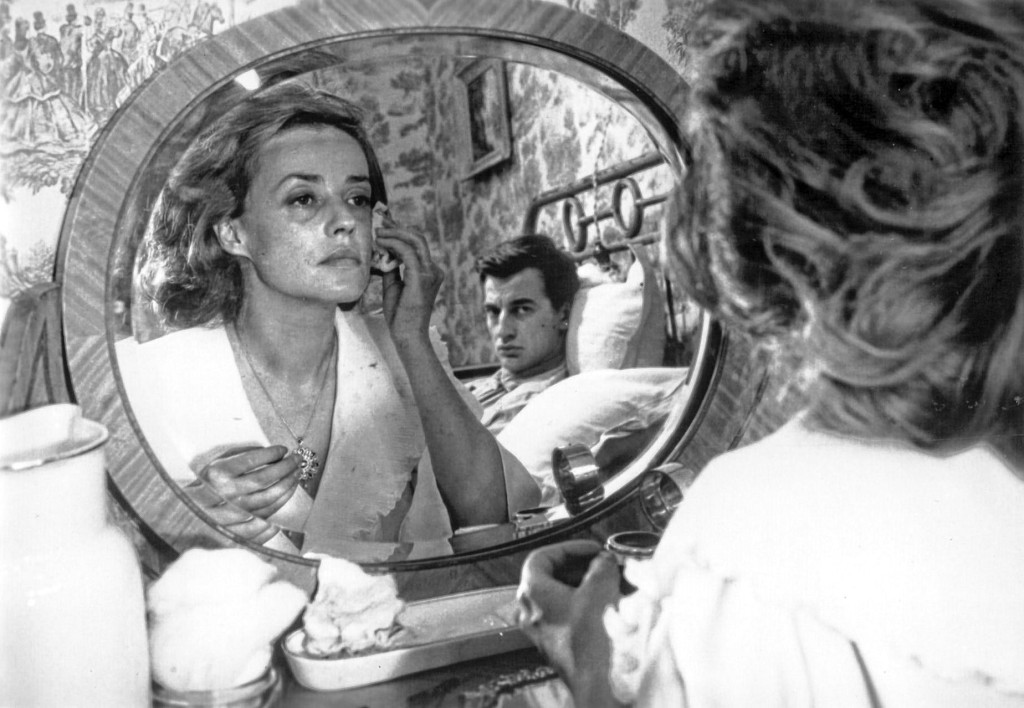I’m sure that any first-year film major could tell you more than I can about what makes films tick, but for me, the best of them have always come down to the story of relationships — much like our own lives. Whether it’s He Said/She Said, Axis against Allies, or Harry vs. Voldemort, the most compelling, lasting stories are never just two opposing forces slamming into one another; instead they are conflicts that explore how we can still cause each other pain despite how similar we are in the end — despite, even, that we might love one another.
This week, relationships are at the heart of a clutch of films coming to area screens. The featured films are dramas, documentaries, and gently comedic, but all of them choose to view our wider human history through the focused lens of particularly human stories, telling their universal truths by speaking the plain details of our everyday individual lives. They are not all new films — some, indeed, are quite old — but for those seeing them for the first time, the stories are as fresh as a paper cut.
Amherst Cinema has a pair of films on offer this week that provide some painful if moving insight into the human condition. First up on Tuesday evening is the Francois Truffaut’s 1962 French New Wave landmark Jules et Jim, a film that helped launch a stylistic revolution in French filmmaking. Oskar Werner and Henri Serre star as Jules and Jim, an Austrian author and his French friend who find themselves on opposite sides of the first World War — and on opposite sides of the beguiling Catherine (Jeanne Moreau), whose name by all rights should really appear in the title. Over the course of many years before and after the war, the men chase after (and each, in their own way, capture) Catherine, who ignites something within each of them, all the while weighing their own friendship in the balance.
And on Wednesday, director Chantal Akerman’s film No Home Movie screens at 7:30pm as part of the 2016 Massachusetts Multicultural Film Festival (festival curator Catherine Portuges will be on hand to introduce the film, which is free and open to the public for the Wednesday screening before beginning a regular run on April 8). Belgian filmmaker Akerman’s work is a companion to her recently published My Mother Laughs, and is the director’s attempt to capture an enduring portrait of her mother in the months before her death, when the older woman — a Polish Jew who had survived the horror of Auschwitz — lived a life that was mostly delineated by the walls of her Brussels apartment.
Akerman herself died last year; this was her last film. Yet it was not a victory lap, or an easy encore tossed off in the certainty that an expected round of applause would cover any flat notes. No Home Movie is something you might more readily expect to see at the start of a filmmaker’s career: intense, demanding, and unrelentingly personal. For those that know Akerman’s work, this later piece is revealing in what it shows about her earlier work’s influences. But for those who don’t know the filmmaker, No Home Movie is a powerful exploration of what it means to carry forward a parent’s legacy and not forget their story.
Also this week, at Pothole Pictures in Shelburne Falls: the endearingly romantic The Band’s Visit comes to the Memorial Hall screen for Friday and Saturday night showings. The story of an Egyptian police orchestra that gets lost on their way to a gig in Israel, Eran Kolirin’s 2007 film is a patient tale of a long night of loneliness and the warmth that can come from sharing your disappointments with others — even when those others are supposed to be your enemies. Cellist Wayne Smith will perform a half-hour concert before the film on both nights.
And finally this week: Amherst College’s German Film Series continues with April 7 screenings of The Last Mentsch, Pierre-Henry Salfati’s 2014 tragicomic tale of an elderly man trying to reclaim his Jewish heritage in time to be buried in a Jewish cemetery. Mario Adorf stars as the death camp survivor who reinvented himself as a Gentile German citizen after the war, only to find that he longed for his Jewish identity in the end.•
Jack Brown can be reached at cinemadope@gmail.com.



